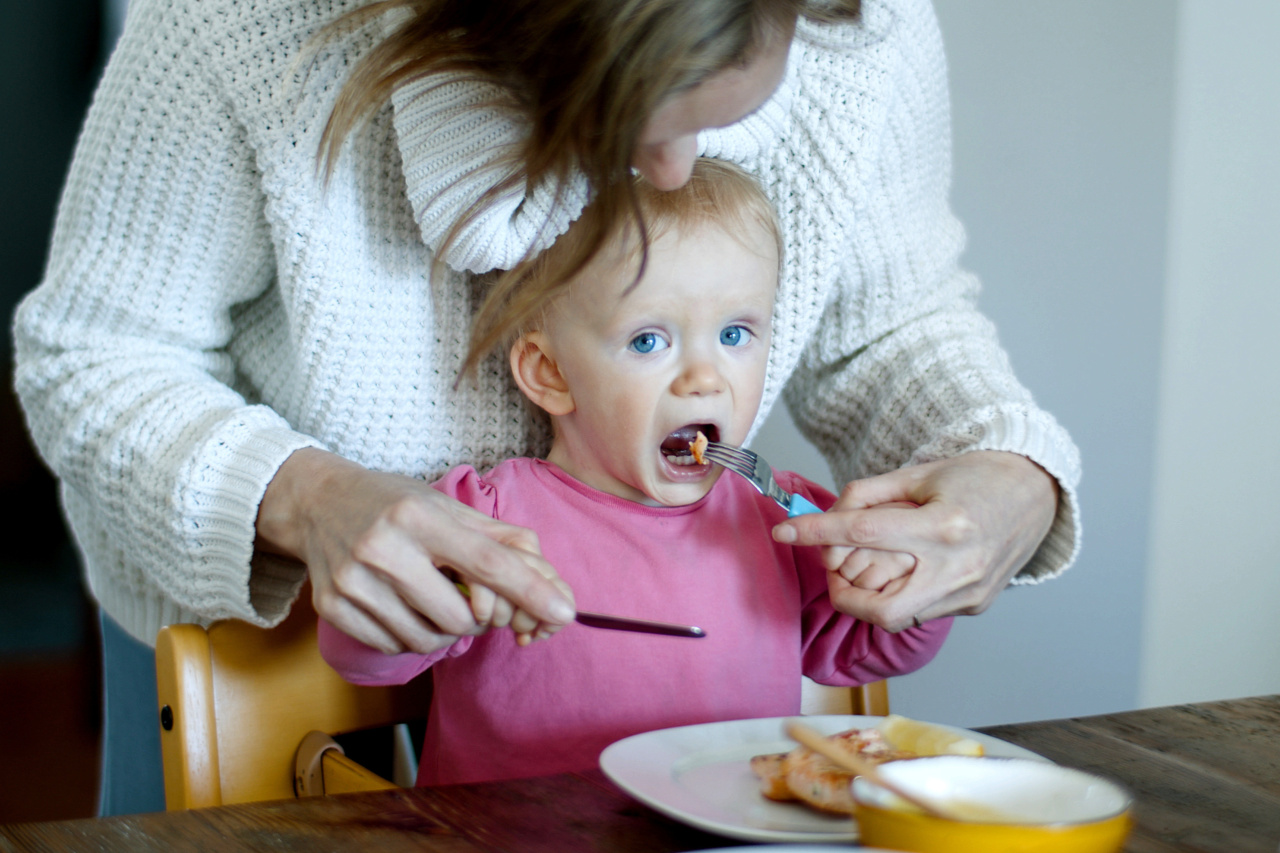Becoming a mother is a life-changing experience filled with joy, love, and a rollercoaster of emotions.
While many new moms experience a temporary period of mood swings and emotional ups and downs called the “baby blues,” others face a more intense and long-lasting condition known as postpartum depression (PPD). Postpartum depression affects about 1 in 7 women, and it can have a profound impact on both the mother and her child.
So, why do some moms face a higher risk of developing postpartum depression? There isn’t one single answer to this question. Postpartum depression is believed to result from a complex interplay of physical, emotional, and social factors.
Let’s explore some of the factors that contribute to the increased vulnerability of certain mothers:.
Hormonal Changes
During pregnancy, a woman’s body undergoes significant hormonal changes. The levels of estrogen and progesterone, which are at their peak during pregnancy, drop sharply after childbirth.
These hormonal fluctuations can impact mood regulation and contribute to the development of postpartum depression.
Personal or Family History of Mental Health Issues
Women who have previously experienced depression, anxiety, or other mental health disorders are at a higher risk of developing postpartum depression.
Similarly, a family history of mental health issues, especially postpartum depression, increases the likelihood of experiencing it oneself.
Stressful Life Events
Stressful life events, such as financial difficulties, relationship problems, or the loss of a loved one, can significantly increase the risk of postpartum depression.
The added stress during the postpartum period can overwhelm the already vulnerable mother, leading to the development of depression.
Lack of Social Support
Having a strong support system is crucial for new mothers. Lack of support from partners, family, or friends can leave a new mother feeling isolated and overwhelmed.
The absence of emotional and practical support can contribute to the development of postpartum depression.
Difficult or Traumatic Birth Experience
A difficult or traumatic birth experience can leave a lasting impact on a woman’s mental health. Complications during childbirth or a traumatic delivery can trigger postpartum depression.
Women who have experienced previous childbirth traumas are particularly at risk.
Inadequate Sleep
Sleep deprivation is a common challenge for new mothers. The constant demands of a newborn can disrupt sleep patterns and contribute to the development of postpartum depression. Inadequate sleep affects mood regulation and overall mental well-being.
Poor Body Image and Self-esteem
The physical changes that occur during pregnancy and the postpartum period can lead to body image issues and reduced self-esteem. Women who struggle with body image and self-esteem are more susceptible to developing postpartum depression.
Infant Feeding Difficulties
Difficulties with breastfeeding or other aspects of infant feeding can contribute to the development of postpartum depression.
The pressure or guilt associated with not being able to breastfeed or experiencing challenges in feeding can intensify feelings of inadequacy or failure.
Perfectionism and Unrealistic Expectations
Mothers who set high standards for themselves and have unrealistic expectations of motherhood may be at a higher risk of developing postpartum depression.
The pressure to be a “perfect” mother and the inability to meet these expectations can lead to feelings of inadequacy and depression.
Lack of Prenatal Preparation
For some women, the transition to motherhood can be overwhelming, especially if they feel unprepared for the challenges that come with it.
Lack of prenatal education and preparation can leave mothers feeling ill-equipped to handle the demands of motherhood, contributing to postpartum depression.
Conclusion
Postpartum depression is a serious condition that can have a profound impact on a mother’s well-being and the development of her child.
While the exact cause of postpartum depression is still being studied, it is clear that multiple factors contribute to its development. By understanding the risk factors, healthcare providers and loved ones can offer better support to mothers experiencing postpartum depression and work towards creating an environment that fosters mental well-being.





























